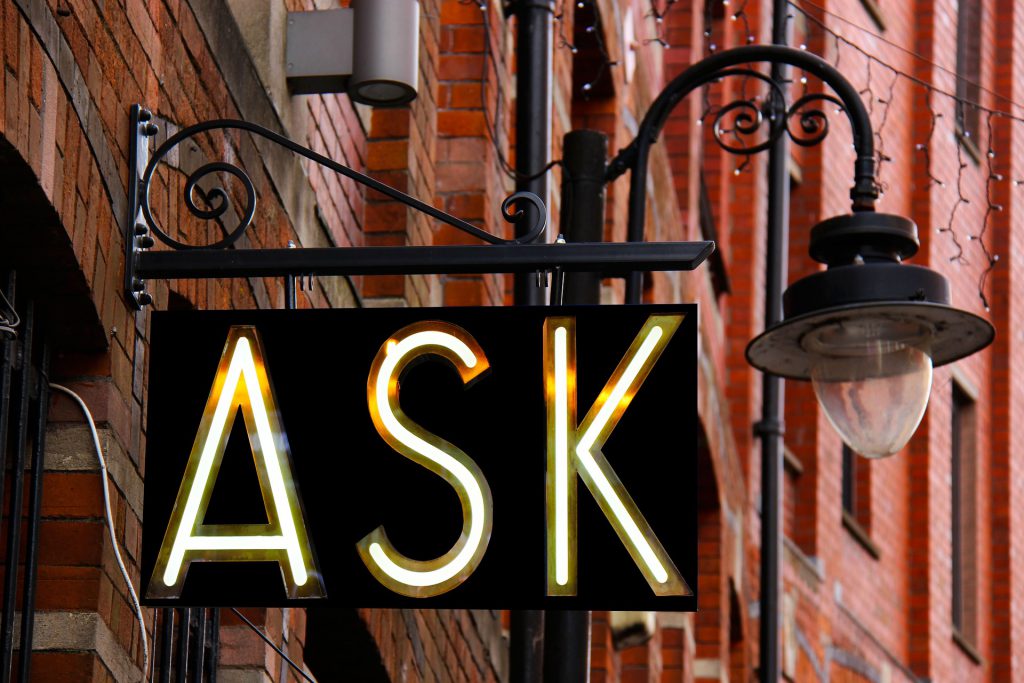Tickling the brain:
I recently read this book – What if the Earth stopped spinning and 24 other mysteries by Roopa Pai. I am currently reading Imperial Earth by Arthur C Clarke. Both these books have evoked a fresh sense of intrigue in me. My curiosity is heightened beyond its natural state and I am walking around with loads of questions in my mind.
Especially Imperial Earth – I read a chapter every night and my mind questions human existence on earth. The things we take for granted, what if they were suddenly snatched away from us? Here I am not talking about relationships and the valuable people in our lives. I am talking about the laws of Science that make our existence possible.
In the interest of keeping this sense of curiosity alive, I made a list of ‘what if’ questions. Here I share a list of 29 questions, for the 29 days of this month.
Letting imagination take over:
- What if water was not a liquid at room temperature?
- What if Earth’s atmosphere contained 50% Oxygen instead of 21%?
- What if plants did not photosynthesise?
- What if human skin was transparent?
- What if water’s boiling point was 80 degree Celsius?
- What if the Earth rotated from west to east?
- What if Earth and Mars were interchanged in the Solar System?
- What if acceleration due to gravity was 20 metres per second squared?
- What if Earth’s gravitational pull was half what it is now?
- What if 30% of Earth’s atmosphere was Methane?
- What if Earth’s diameter was 1000 km lesser?
- What if human blood had haemocyanin instead of haemoglobin?
- What if human heart had 3 chambers instead of 4?
- What if the ice was denser than water?
- What if Iron melted at 50 degree Celsius?
- What if one day had 50 hours?
- What if planetary orbits were circular?
- What if Silicon made up organic matter instead of Carbon?
- What if Hydrogen was bivalent?
- What if other mammals had the same vocal cords as humans?
- What if the moon was 50,000 km farther away?
- What if the Sun was twice its size?
- What if the daytime sky appeared green instead of blue?
- What if the atmosphere contained Carbon monoxide instead of Carbon dioxide?
- What if humans were cold-blooded?
- What if metals were not malleable?
- What if the Earth had a solid core?
- What if human evolution did not include the opposable thumb?
- What if the velocity of light was 1/4th the current velocity?
Satiating curiosity:
I haven’t looked for answers. I may not even. The very act of framing the questions has stimulated my brain immensely and provided me with wonder and amusement. This is one way to keep the scientist within me alive. My professional involvement with Science is more didactic. Therefore, the scientific news I read and these journeys in my imagination serve to keep my innate interest kindled. Discussions with colleagues, friends, family, and students allow me to gain various perspectives and add to my knowledge. I had written earlier about how my reading habit contributes to this awe and wonder.
My belief is that these questions pique your curiosity and tickle your imagination. Or at the least amuse you. I would be delighted to know what questions came to your mind on reading this. If you are inspired to go a step further and find answers, you certainly should. There are tons of books to read and loads of resources online. You could consult experts in the field, engage in discussions within and outside your networks. You could reach out to us at NumberNagar® as well, our 5C™ methodology is designed to engage and nurture this kind of curiosity.
In addition to the two books mentioned earlier in this article, here are more books on related topics.
- What if?: Serious Scientific Answers to Absurd Hypothetical Questions – Randall Munroe
- 2001: A Space Odyssey – Arthur C Clarke
- Today and Tomorrow and – Isaac Asimov
- How to – Randall Munroe
- Thing explainer: Complicated Stuff in Simple Words – Randall Munroe
- Things come apart: A Teardown Manual for Modern Living – Todd Mclellan
- The Design of Everyday Things – Don Norman
Going forward from here:
There is no limit to mysteries both in the physical world and the imaginative world. Asking questions to ourselves and others is the foundation for learning new things. Curiosity is a crucial element of everyone’s learning journey, especially children. Questions are the natural expression of this curiosity, whether verbal or observational. Encourage this practice in yourself and everyone around you. Let your imagination soar.
Stay curious! Stay thirsty!
Featured Image Credits: Dean Moriarty from Pixabay
Dr. Soumya Sreehari
Latest posts by Dr. Soumya Sreehari (see all)
- To drink water or not to drink – that is the question - 11 June 2021
- Puzzles for fun and learning - 28 May 2021
- A questioning mind is a thinking mind - 14 May 2021
- Play and learn having fun with words - 7 May 2021
- 4 lessons to learn from the Montessori method - 30 April 2021

